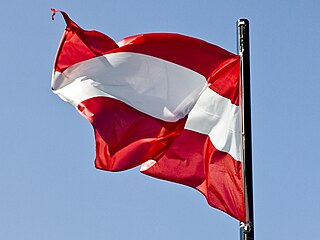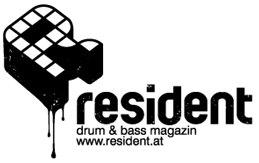 W
WVienna has been an important center of musical innovation. 18th- and 19th-century composers were drawn to the city due to the patronage of the Habsburgs, and made Vienna the European capital of classical music. Joseph Haydn, Wolfgang Amadeus Mozart, Ludwig van Beethoven, Franz Schubert and Johann Strauss II, among others, were associated with the city, with Schubert being born in Vienna. During the Baroque period, Slavic and Hungarian folk forms influenced Austrian music. Vienna's status began its rise as a cultural center in the early 16th century, and was focused around instruments including the lute.
 W
WThe participation of Austria in Eurovision Choir began in Riga, Latvia, at the Eurovision Choir of the Year 2017. Österreichischer Rundfunk (ORF) a member organisation of the European Broadcasting Union (EBU) are responsible for the selection process of their participants, for their debut in 2017. The first representative to participate for the nation at the 2017 edition will be Hardchor Linz.
 W
W"Deutschösterreich, du herrliches Land" was the national anthem of Austria from 1920 to 1929. Although it was used as the national anthem, it did not enjoy any official status. It is now used as the anthem of the President and the military due to its references to defend the Austrian homeland.
 W
WThe Linzer Orgeltabulatur is an emblematic organ tablature of the early baroque era. Compiled in Linz, Austria, between 1611 and 1613, it is presently held by the Oberösterreichische Landesmuseum in this same city.
 W
WResident was an Austrian music magazine with a strong focus on the German-speaking drum-and-bass industry.
 W
WSchrammelmusik is a style of Viennese folk music originating in the late nineteenth century and still performed in present-day Austria. The style is named for the prolific folk composers Johann and Josef Schrammel.
 W
WThe Tonkünstler-Societät was a benevolent society for musicians in Vienna, which lasted from the mid 18th century to the mid 20th. Its purpose was "to support retired musicians and their families". Beginning in 1772, the Society mounted a series of benefit concerts, often with large forces of performers, at which were performed works by leading Classical-period composers, including Joseph Haydn, Wolfgang Amadeus Mozart, and Ludwig van Beethoven.
 W
WThe Wienerlied or Weanaliad is a song genre which has its roots in Vienna, the capital of Austria. Traditional Viennese songs, known as Wienerlieder are centred on the theme of life in Vienna and are almost exclusively sung in Viennese. The Wienerlied is a unique musical and socio-cultural phenomenon, a psychograph of the Viennese way of life; a mix between idealism, joie de vivre and desperation.